Los Angeles, CA – Trademark attorneys for E! Entertainment Television filed a trademark infringement, cybersquatting, and Lanham Act § 43(a) unfair competition (15 U.S.C. § 1125) complaint at the Federal District Court in Los Angeles, over entertainment/celebrity news blogger’s use of the enewsbuzz.com domain name. The complaint provides a summary of E! Entertainment’s beginnings in 1990 as the only 24-hour network with programming dedicated to the world of entertainment and celebrity news. It currently “is the world’s largest producer and distributor of entertainment news and lifestyle-related programming.” E! alleges that “E! News” and “E! News Weekend” are its most popular television programs and both trademarks have been registered with the U.S. Patent & Trademark Office.
 E! alleges that long after it commenced use of its famous E! Marks and E! NEWS Marks, Defendants began business under the ENewsBuzz trademark using the enewsbuzz.com domain name to provide similar services, “Defendants use the ENEWSBUZZ mark, trade name, and domain names in connection with providing gossip, news and images of Hollywood celebrities.” Defendants are alleged to have adopted the confusingly similar mark in order to benefit from the goodwill established by E!: “significantly, Defendants’ ENEWSBUZZ mark is depicted on its website with the letter “E” offset in bold red – the same color that E! Entertainment has been using in connection with the “E!” portion of its E! Marks and E! NEWS Marks for many years.” The lawsuit was filed after the Defendants refused to cease using the subject trademark and domain name in response to E!’s correspondence. In addition to preliminary and permanent injunctions, E! also seeks monetary damages. The case is titled E! Entertainment Television, Inc. v. Louie De Filippis et al., CV 08-04355 ODW (C.D. Cal. 2008).
E! alleges that long after it commenced use of its famous E! Marks and E! NEWS Marks, Defendants began business under the ENewsBuzz trademark using the enewsbuzz.com domain name to provide similar services, “Defendants use the ENEWSBUZZ mark, trade name, and domain names in connection with providing gossip, news and images of Hollywood celebrities.” Defendants are alleged to have adopted the confusingly similar mark in order to benefit from the goodwill established by E!: “significantly, Defendants’ ENEWSBUZZ mark is depicted on its website with the letter “E” offset in bold red – the same color that E! Entertainment has been using in connection with the “E!” portion of its E! Marks and E! NEWS Marks for many years.” The lawsuit was filed after the Defendants refused to cease using the subject trademark and domain name in response to E!’s correspondence. In addition to preliminary and permanent injunctions, E! also seeks monetary damages. The case is titled E! Entertainment Television, Inc. v. Louie De Filippis et al., CV 08-04355 ODW (C.D. Cal. 2008).
 Los Angeles Intellectual Property Trademark Attorney Blog
Los Angeles Intellectual Property Trademark Attorney Blog


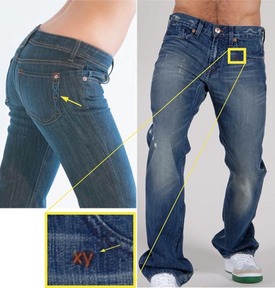
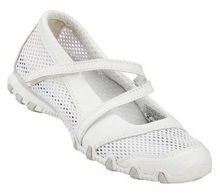
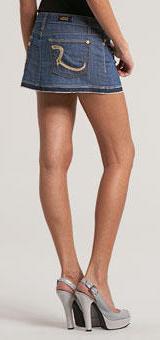
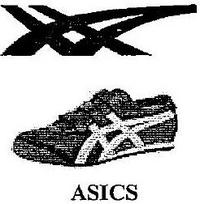

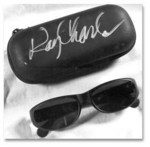


 Defendant allegedly sells vehicle polishing and cleaning services that are described as “TEFLON® Polishing” and “TEFLON® Shine.” The complaint alleges that Defendant’s products do not contain genuine DuPont TEFLON® fluoropolymer. DuPont allegedly contacted the defendant and asked it to stop use of the mark, but defendant refused, thereby necessitating the lawsuit. The case is titled E.I. Du Pont De Nemours & Co. v. Tropic Shield, Inc., SACV08-00252 CJC (C.D. Cal. 2008).
Defendant allegedly sells vehicle polishing and cleaning services that are described as “TEFLON® Polishing” and “TEFLON® Shine.” The complaint alleges that Defendant’s products do not contain genuine DuPont TEFLON® fluoropolymer. DuPont allegedly contacted the defendant and asked it to stop use of the mark, but defendant refused, thereby necessitating the lawsuit. The case is titled E.I. Du Pont De Nemours & Co. v. Tropic Shield, Inc., SACV08-00252 CJC (C.D. Cal. 2008).